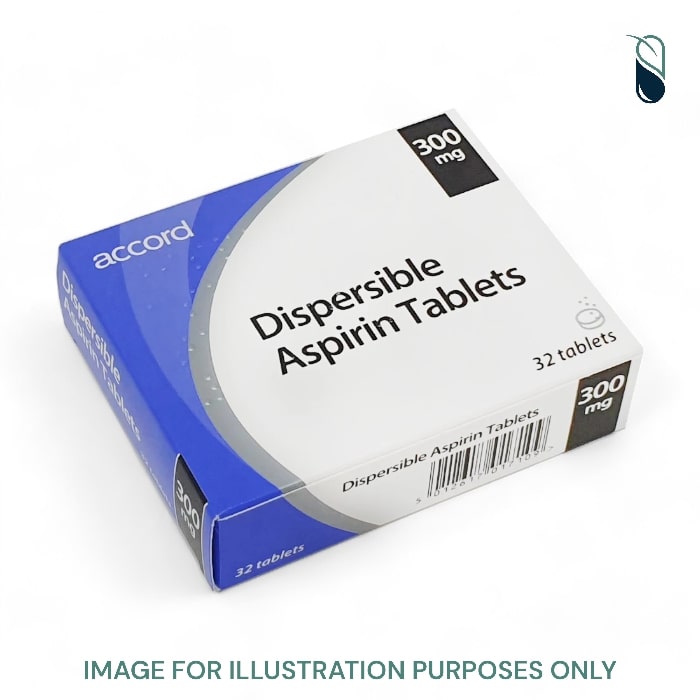Aspirin can help to alleviate a wide range of pain and inflammation caused by a variety of problems. These can include headaches, migraines, menstrual pain, toothache, sciatica and rheumatic pain.
Aspirin can also prove effective in alleviating the symptoms of fever, flu, colds, and sore throats.
Like all medicines, this medicine can cause side effects, although not everybody gets them.
Common side-effects include:
- feeling or being sick
- swelling or ulcers in the stomach lining
- bleeding under the skin
- increased bleeding
- hearing problems
- nosebleeds
Please read the patient information leaflet. If you have any unwanted side effects you should seek advice from your doctor, pharmacist or other healthcare professional.
Children under the age of 16 years old should not use products containing aspirin as a link has been made between aspirin use in under 16s and a condition called Reye’s syndrome. This is a rare disease that affects the liver and brain and can prove fatal.
You should not take aspirin if:
- You have ever had stomach bleeding or a stomach ulcer
- You are breastfeeding or in the last trimester of pregnancy
- You suffer from haemophilia
- You are allergic to aspirin, paracetamol, caffeine, or any of the other ingredients in this product








Social History